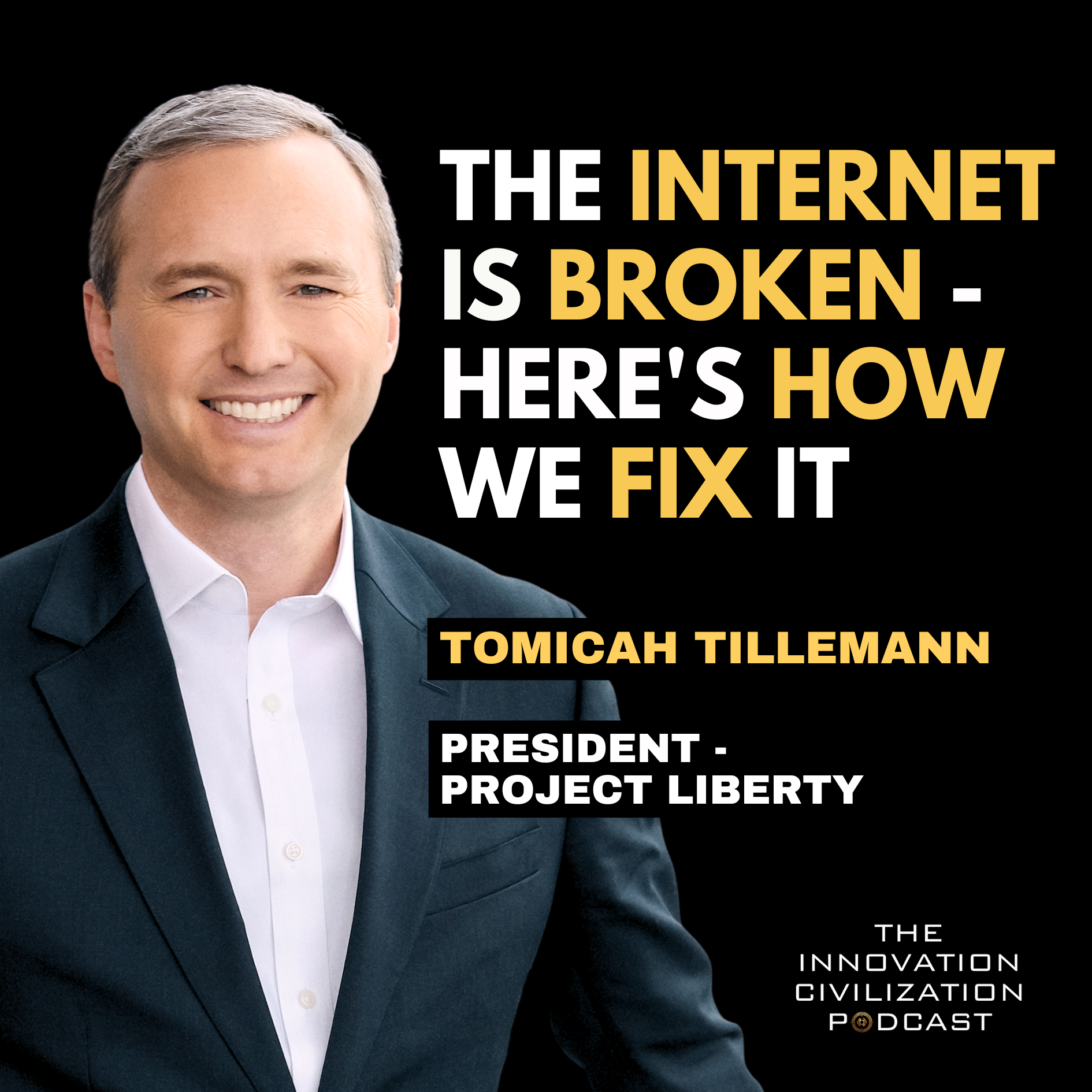Episode Description
In this episode, we're joined by one of the founding faculties of Stanford's technology ethics course. Professor Rob Reich is the author of the recently published book "System Error: Where Big Tech Went Wrong & How We Can Reboot."
In the face of society-altering AI and advancing technologies, we confront pressing ethical and societal challenges. How do we address them effectively without letting technology wreak havoc?
In the episode, we discuss:
-how technology is reshaping our society
-the problem with the efficiency and optimization-only mindset
-the ethical and social impact of the digital technologies
-the problems with big tech
-is democracy fit for purpose in the age of tech
Join us as we analyze the critical challenges faced by the digital society and present thought-frameworks for a feasible system reboot.
Follow our host Waheed Rahman (@iwaheedo), for more updates on tech, civilizational growth, progress studies, and emerging markets.
Here are the timestamps for the episode. On some podcast players, you should be able to click the timestamp for the episode.
(00:00)- Intro
(03:31)- Origin story of the book -"System Error: Where Big Tech Went Wrong & How We Can Reboot."
(05:17)- Does the specialization of knowledge witnessed in the past 2 centuries contribute more to our advancement or impede it?
(09:56)- Is optimization bad for us?
(13:23)- Is "stakeholder capitalism" the only way forward
(14:26)- Is our current form of democracy optimized sufficiently to guide us towards the right conclusions amidst the rapid acceleration of technological advancements?
(19:08)- Is sacrificing short-term prosperity for long-term stability and collective success worthwhile for societies pursuing lasting progress?
(20:26)- How can we ensure that our institutions are adept at crafting agile regulations that can effectively address the evolving landscape of technology?
(27:01)- How to strike a balance between implementing essential guardrails and the potential risk of losing innovation and economic benefits to jurisdictions with more permissive regulations?
(30:32)- What are the limitations and potential drawbacks of relying solely on experts and dismissing the input and perspectives of the general public on important issues?
(32:50)- How can we navigate towards a more balanced approach that incorporates stakeholder capitalism?
(38:02)- How to assess the ongoing exploration and search for effective governance and cap table structures that successfully balance social impact and economic incentives?
(39:00)- What is the problem with Big Tech?
(41:25)- Outro








